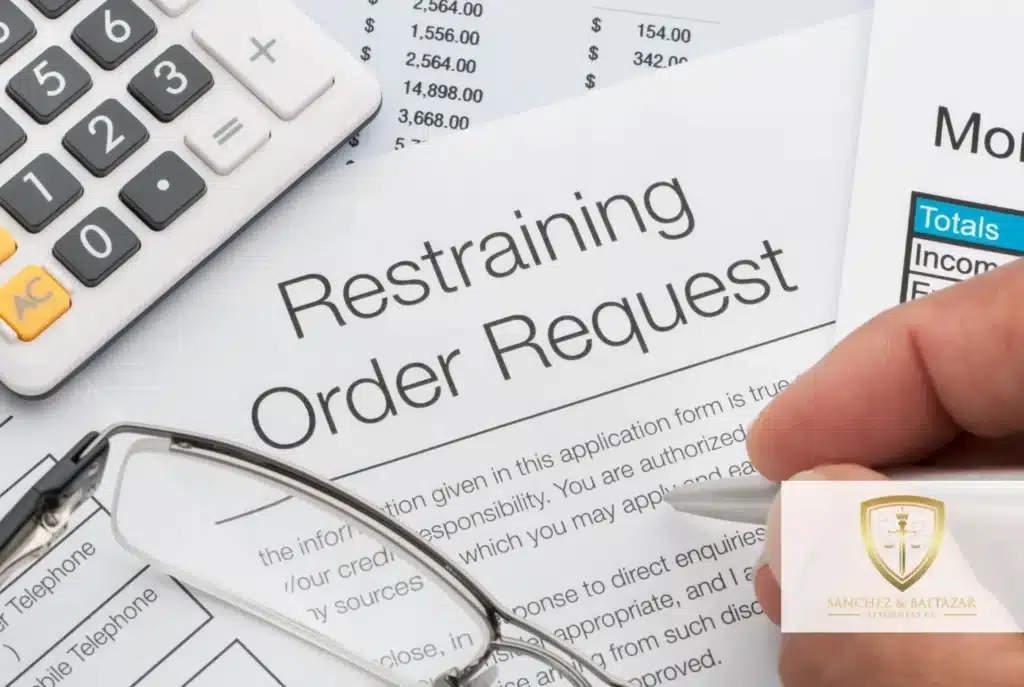Violating a restraining order is not a matter to take lightly. In the eyes of the legal system, restraining order violations are considered a criminal offense and can bring about serious legal consequences. If you were found violating a restraining order, it’s essential to understand what this means for your future, your life, and even your ability to move forward.
Key Takeaways
- A restraining order violation is treated as a criminal matter and can have long-term effects on employment, family life, and community reputation.
- The severity of penalties often depends on jurisdiction, past history, and the specific circumstances of the violation.
- Having skilled legal representation is critical to navigating hearings, addressing accusations, and minimizing potential consequences.
What Does Violating a Restraining Order Mean?
A restraining order (also known as a protective order) is issued by a court to protect a person—often a victim of abuse or someone who fears imminent harm. These orders impose strict restrictions on the defendant, such as limiting contact, preventing attempts to reach out, and sometimes even restricting access to children or the workplace.
When someone is accused of violating these restrictions, whether through direct contact, indirect communication, or failing to comply with the terms, it is treated as a serious offense under the law.
Legal Consequences of Order Violations
The consequences of order violations vary depending on the jurisdiction, the nature of the violation, and the specific circumstances. Some of the most common penalties include:
- Fines: Monetary penalties are often imposed to demonstrate that violating an order has real consequences.
- Probation: A defendant may be placed on supervised release with strict rules to follow.
- Imprisonment: In more severe cases, especially repeat violations, a judge can impose jail or prison time.
- Contempt of court: Failing to obey a protective order can lead to a finding of contempt, which carries its own sentence.
The legal consequences can also extend into other aspects of life, such as employment, child custody, and your reputation in the community.
Why Understanding This Is Crucial
The legal system treats restraining order violations as a matter of safety and security. They exist to protect the victim and give them a sense of control over their environment. If you are the accused, it’s crucial to be aware of the seriousness of the offense and seek proper representation.
A judge will expect you to demonstrate compliance, remorse, and a willingness to follow the restrictions in the future. With strong legal assistance, you may be able to address the violation, respond to the charges, and even work toward reduced penalties under certain circumstances.

Taking the Next Step
If you have been found violating a restraining order, the most beneficial step is to consult with a qualified attorney who understands the law in your jurisdiction regarding restraining order violations. Every hearing is an opportunity to present your side, and having the right representation can make a critical difference.
Restraining order violations are challenging situations that can lead to lasting effects on your life. By taking them seriously, you can work to protect yourself legally while respecting the protection that the court has granted to another person.
Contact SB Legal for legal advice. We are in San Diego and offer a free initial consultation.
Frequently Asked Questions
Can a restraining order violation affect child custody?
Yes. Courts often consider violations as evidence of instability or disregard for legal authority, which can influence custody or visitation decisions involving children.
Is accidental contact considered a violation?
In many jurisdictions, even unintentional or seemingly minor contact may still be classified as a violation. It is important to fully understand the restrictions placed by the court to avoid this outcome.
What should I do immediately after being accused of violating a restraining order?
The best step is to avoid further contact with the protected person and seek legal counsel immediately. Quick action can help you prepare for upcoming hearings and demonstrate to the court that you are taking the matter seriously.

